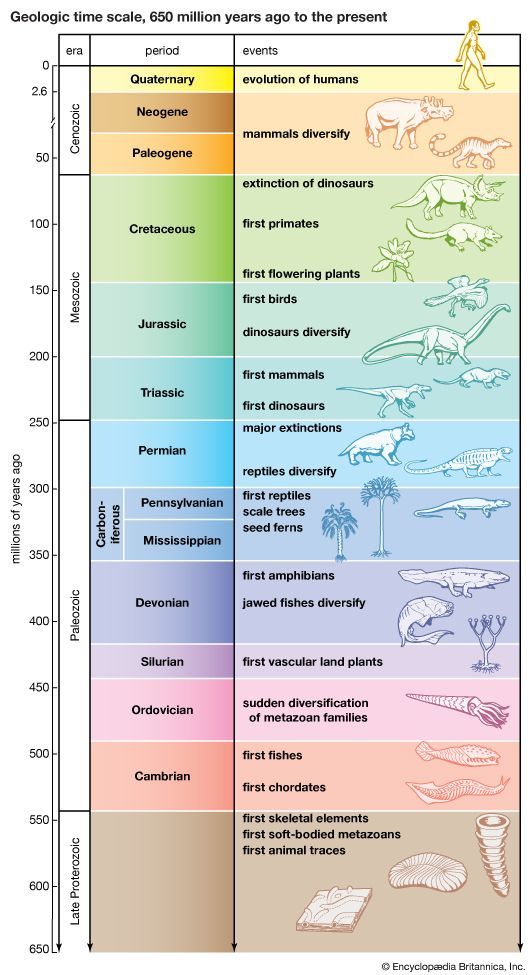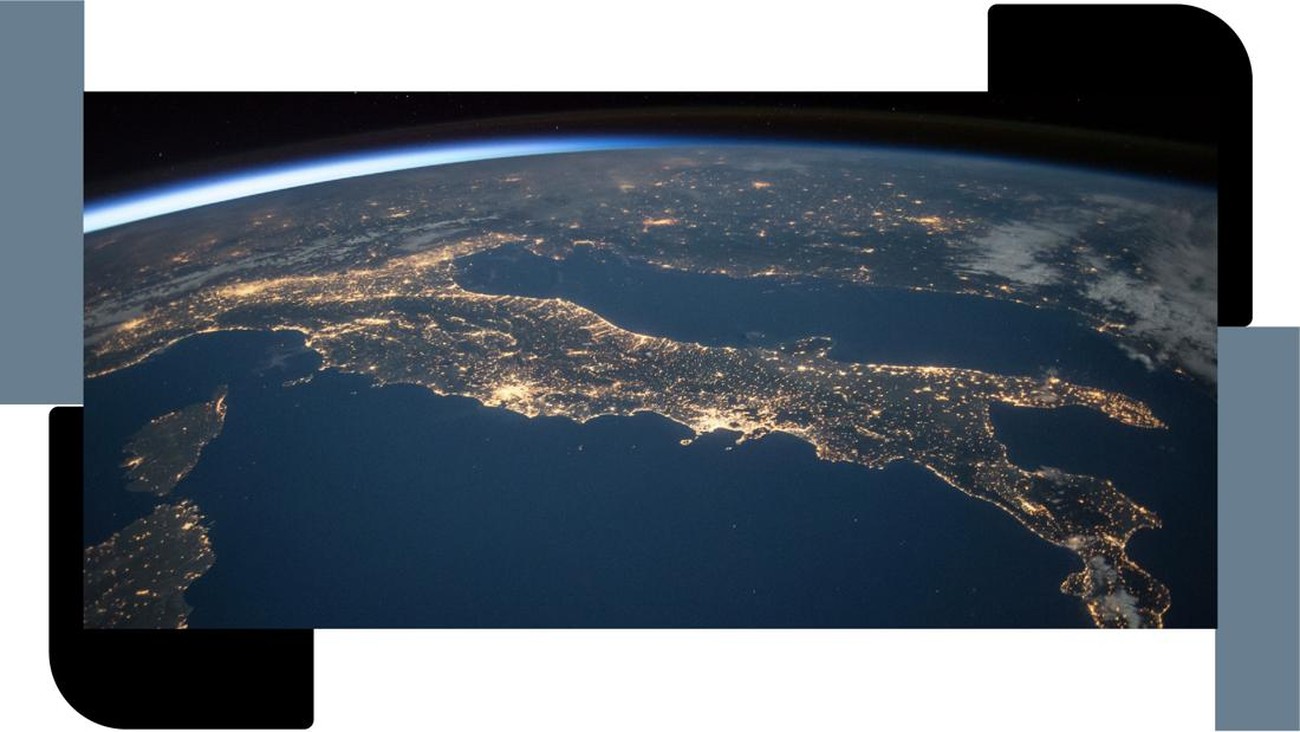Do you know that the Earth is 4.543 billion years old today? Yes, our mother is old, and just like mankind and any other species in this world, the old tend to get sick. Geologically, the Earth has experienced several units of time; two supereons, four eons, fourteen eras, twenty-two epochs, and over a hundred ages. While eras and ages are easier to define, eons are considered as an immeasurably and indefinitely long period of time (usually equals a billion years), and supereons include one or more eons; the first was Precambrian, and the second one is still unnamed starting from Phanerozoic eon which began over 500 million years ago until today.
So, what's an epoch?
 Jurassic Period/ Foto: Wikipedia Jurassic Period/ Foto: Wikipedia |
An epoch is a further breakdown of time periods marked by the significant development in life and geology and is considered noteworthy for humanity and the environment. It's a subdivision of time period that could last more than one lifetime that divided into another three units; early, mid, and late and anything with the ending -cene; for instance, the Jurassic period mass extinction that happened by the split of the supercontinent Pangaea was the end of the Jurassic period, which marked the beginning of the Cretaceous period; the Late Jurassic and the Early Cretaceous are an example of epochs that reflected on how different are the Dinosaurs from both periods.
So what epoch are we now?
 Geologic Time Scale/ Foto: Encyclopedia Britannica Inc. Geologic Time Scale/ Foto: Encyclopedia Britannica Inc. |
Today we're in the Cenozoic era, Quaternary period, and Holocene epoch. A Holocene began approximately 11,650 years ago, marked by an event known as the Holocene glacial retreat or the ending of the Last Glacial Maximum. As we all know, the number of glaciers are decreasing as an impact of modern human activities, including the major civilization and the industrial revolution in human history.
What about the Anthropocene?
Derived from the words "anthropo" for humans and "cene" for new, the Anthropocene term was first coined by a Dutch chemist, Paul J. Crutzen, in the early 2000s. He stated, "the collective activities of human beings (Homo sapiens) began to substantially alter Earth's surface, atmosphere, oceans, and systems of nutrient cycling." Even though it hasn't been officially declared, many scientists have been reminding us about the danger of "the age of human". This epoch can also be defined by the dreadful phenomenon observed after World War II, the Chernobyl nuclear disaster, wildfires after wildfires, and the Arctic ice melt.
Quoting Johan Rockström, a Swedish scientist, stated positively, "There's something bigger happening right now, which is that one species, we humans, are such a dominant force on the planet in a way that we haven't seen across the eons over the past four billion years''. He also added, "Mother Earth is under continuous diagnosis and continuous observation. The digitalization and hyper-conectivity in the world of science and in the world of observation now means we've covered the whole planet with knowledge. What if we're now entering a new, unique geological epoch that is not only geophysically defined, but also defined by the fact that we have a new consciousness embedded inside the planet?"
The ball is in our court, and it's up to us to see this phenomena as a half empty or a half-full glass of wine?



